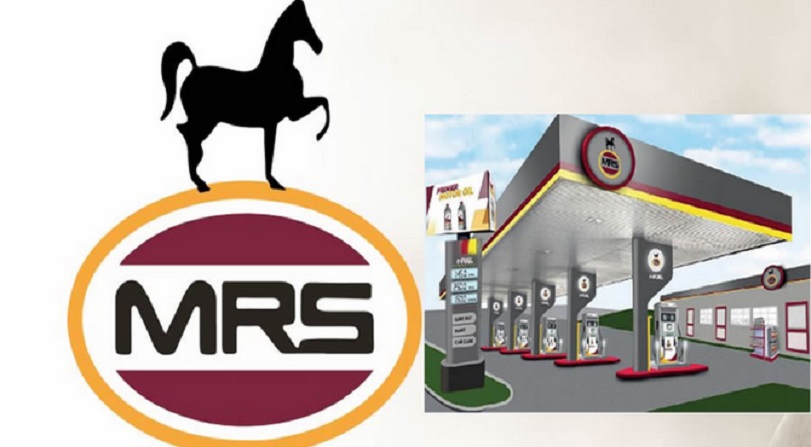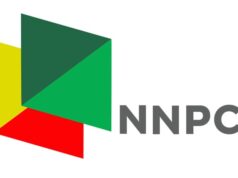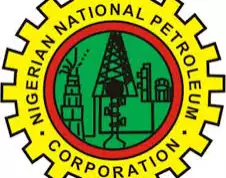A groundbreaking fuel supply and distribution deal between Dangote Refinery and MRS Oil Nigeria Plc has propelled MRS Oil to the top of Nigeria’s downstream petroleum industry, surpassing long-standing market leaders such as Mobil, TotalEnergies, and NNPC Retail.
The partnership ensures that MRS Oil handles over 40% of Dangote Refinery’s refined products released for local consumption. This development has significantly boosted MRS Oil’s market share, making it the largest downstream petroleum operator in Nigeria.
Stock Market Surge and Investor Confidence
The deal has also triggered a surge in MRS Oil’s stock value, with investors betting heavily on the company’s growth prospects. As of March 7, 2025, MRS Oil’s stock traded at N174.80, marking a substantial increase from N159.70 in December 2024. The company’s market capitalization has risen to N59.948 billion, with analysts projecting further gains as demand for Dangote’s competitively priced fuel continues to grow.
Dangote’s Strategy Reshapes the Market
Dangote Refinery, which began operations in January 2024 with diesel and aviation fuel production, expanded to gasoline refining in September 2024. The refinery imposed a requirement that only bulk purchasers acquiring at least 1 million liters per transaction could lift products.
Initially, only MRS Oil and NNPC Retail signed up for the arrangement. However, NNPC Retail continued to import most of its fuel, leaving MRS Oil as the dominant off-taker of Dangote’s products. Other marketers, such as Ardova and Heyden, later joined the deal, but MRS remained the primary distributor.
Competitive Pricing Drives Market Shift
Dangote Refinery has aggressively slashed fuel prices, significantly disrupting the market:
- Diesel prices dropped from N1,900 in April 2024 to an average of N1,100 per liter.
- Petrol prices have fallen below N900 at MRS stations following multiple price reductions.
This price advantage has drawn massive customer traffic to MRS Oil stations, creating long queues, while rival marketers struggle to compete.
MRS Oil’s Rise to Dominance
Previously ranked behind major players in the downstream sector, MRS Oil has leveraged its extensive infrastructure to gain dominance. The company operates:
- Three major depots in Isolo, Apapa, and Tincan Island with a combined storage capacity of 150 million liters.
- A jetty with a 6.8-meter draft for fuel transportation.
- Over 586 retail stations, primarily in Lagos, Abuja, and northern Nigeria.
- Lubricant blending plants and aviation fueling facilities at Lagos and Abuja airports.
MRS Oil’s ability to distribute Dangote’s products at ex-vessel rates—without additional depot costs—has attracted independent marketers who previously relied on private tank farms. Many have rebranded their stations with MRS’s logo after signing supply agreements.
Dangote’s Long-Term Vision in Oil and Gas
Industry experts believe Dangote strategically positioned himself to dominate Nigeria’s petroleum sector. Beyond refining, his West African E&P Venture is drilling oil in the Niger Delta’s OML 71 and OML 72, with production expected to reach 50,000 barrels per day by Q1 2025. Dangote holds an 85% stake in this venture, reinforcing his influence across the upstream, midstream, and downstream sectors.
Future Outlook
With increasing market control, MRS Oil expects its Q1 2025 revenue to hit N129.358 billion, further solidifying its leadership position. Stock analysts predict continued growth as MRS Oil capitalizes on its strategic partnership with Dangote Refinery.
As Nigeria’s fuel market shifts towards local refining, MRS Oil’s rise underscores a new era in the nation’s petroleum industry—one where domestic production and distribution partnerships redefine market dynamics.










